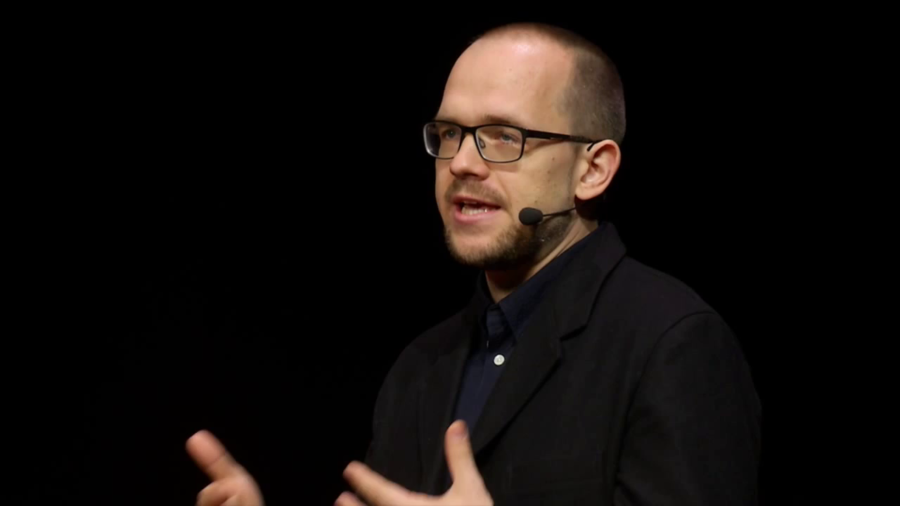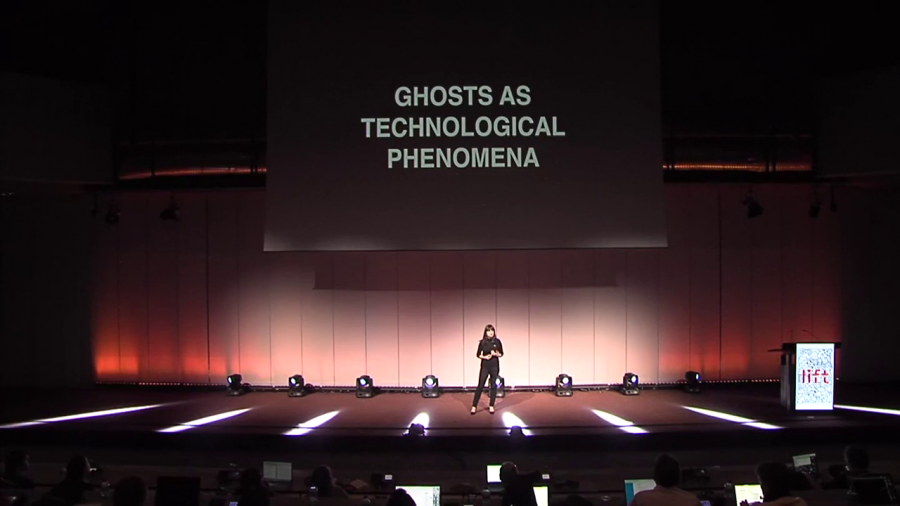The power of data has never been bigger than it is today and I think this can be a great thing, even though it is also creating some existential risks.
Archive (Page 1 of 2)
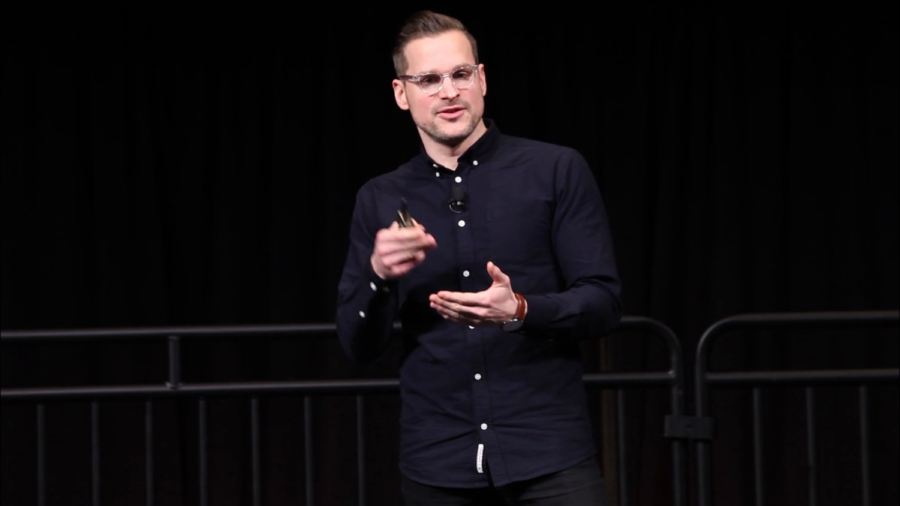
We should use our toolbox to make complexity understandable. We need to use the tools at our disposal to build data literacy by showing the context that data exists in. Because with that data, and with context around the data, we’ll be able to build understanding…
As we’ve moved into increasingly digital spaces, so online worlds, we’re moving away from your traditional physical spaces where you have public streets; where you have public squares; where people can go to protest, and into areas, if you would call them that, that are entirely controlled by corporations.

I am profoundly envious of people who get to write about settled domains or sort of settled states of affairs in human events. For me, I was dealing with a set of technologies which are either recently emerged or still in the process of emerging. And so it was a continual Red Queen’s race to keep up with these things as they announce themselves to us and try and wrap my head around them, understand what it was that they were proposing, understand what their effects were when deployed in the world.
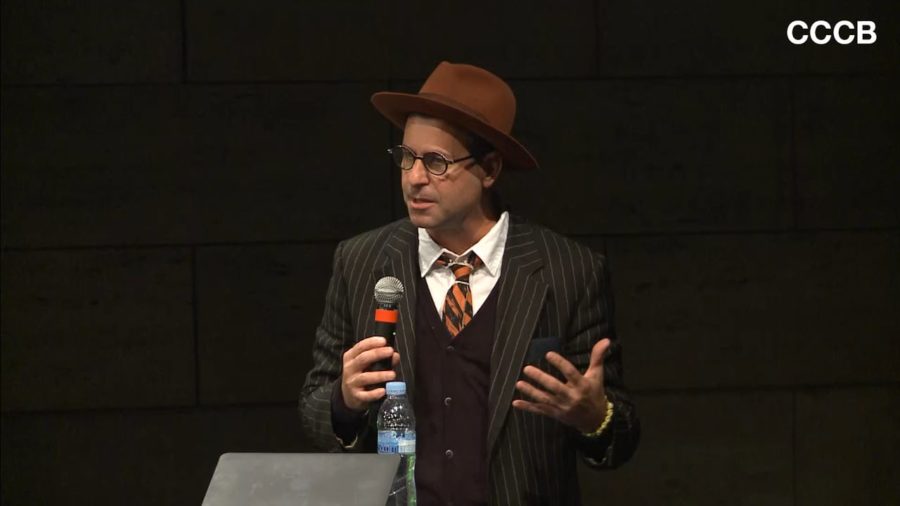
I think that what I want to say is that the polemics around the discourse of the Web are too binary. I think that one of the problems that we have in theorizing the Web is that we tend to moralize it in binaries. I get it. It’s bad. The Web is bad for you. Or the sort of free culture is always like, “It’s really good. It’s great. Free culture is great.” It’s neither.
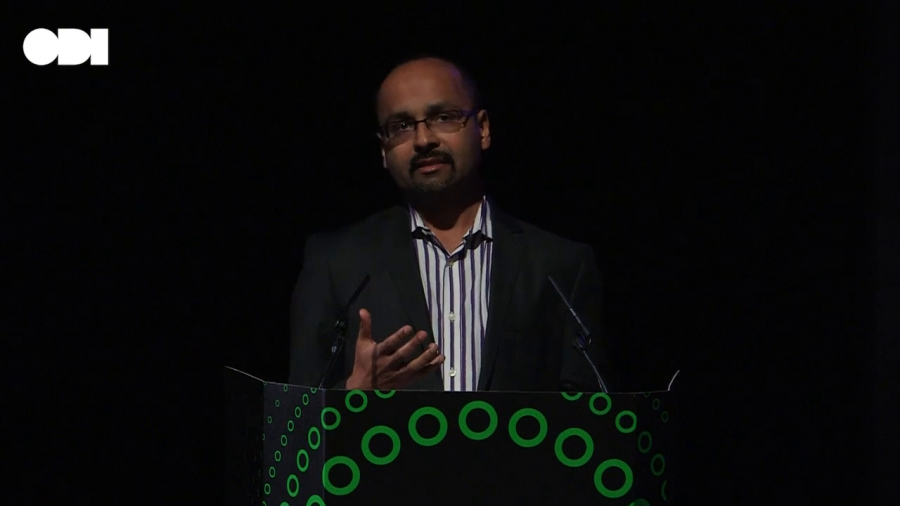
We asked our six thousand members to write to their candidates and say, “If you get elected, do you promise to take statistical training from the Royal Statistical Society?”
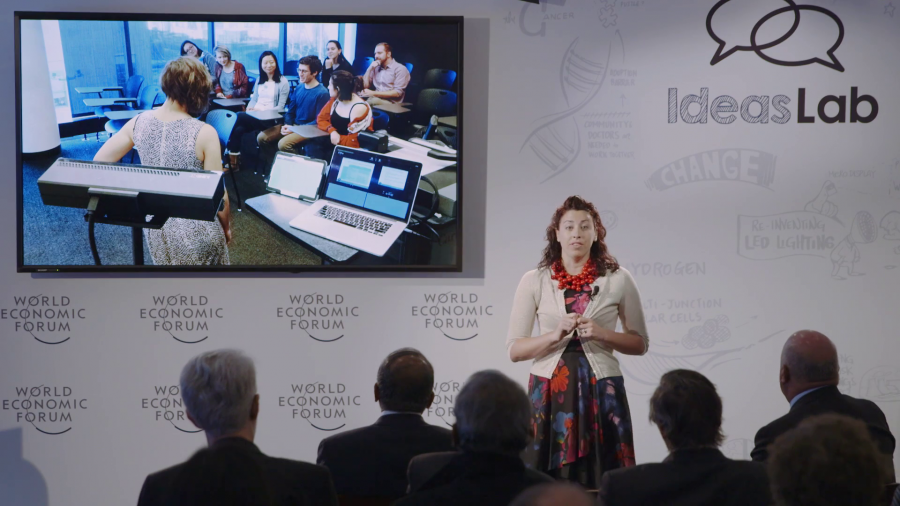
Education has remained largely unchanged for millennia. In any classroom, you see a set of students gathered around a teacher who’s writing on the board, or maybe now we’ve added a PowerPoint deck. But, as in many other fields that have been slow to change, the data revolution is coming for education.
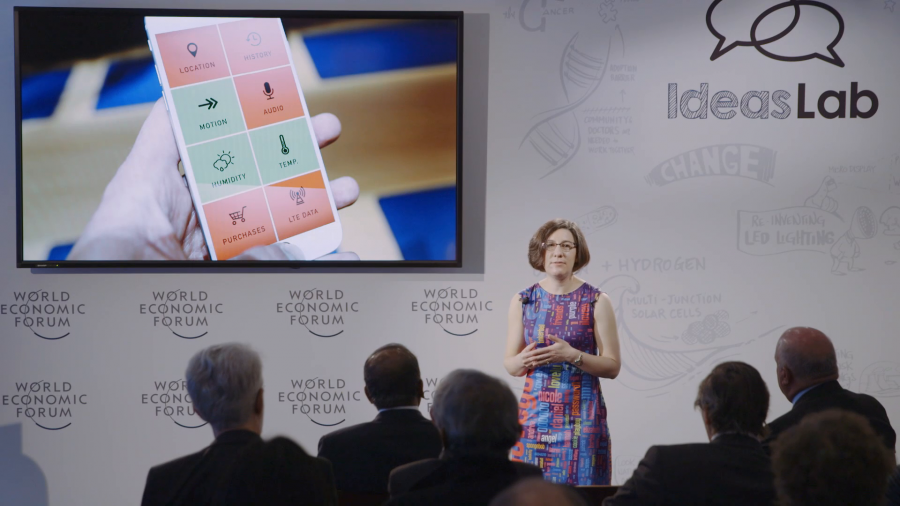
Imagine your privacy assistant is a computer program that’s running on your smartphone or your smartwatch. Your privacy assistant listens for privacy policies that are being broadcast over a digital stream. We are building standard formats for these privacy policies so that all sensors will speak the same language that your personal privacy assistant will be able to understand.


